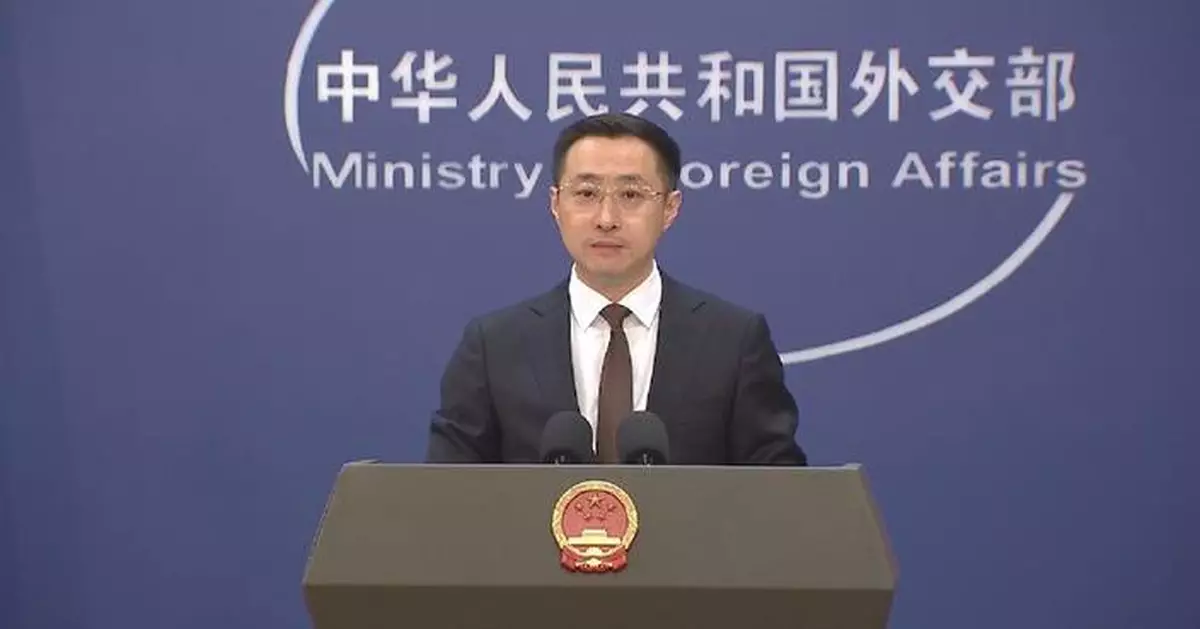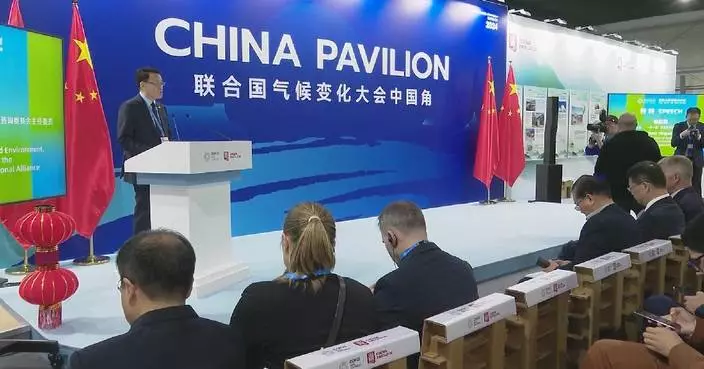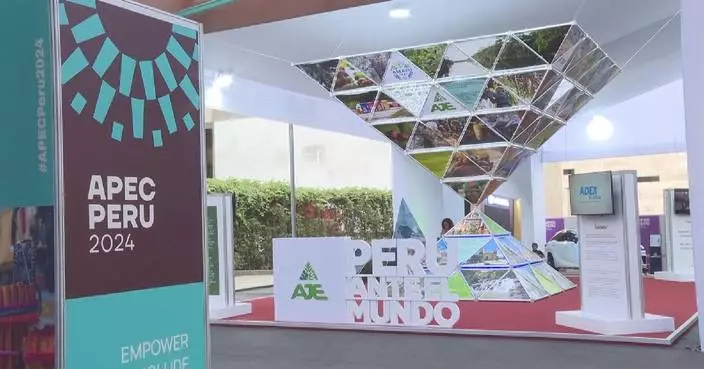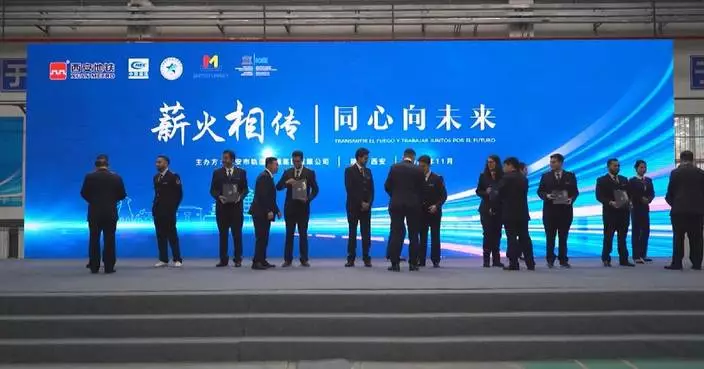China, as an "engine and propeller" of Asia-Pacific regional cooperation, remains committed to promoting the building of a community with a shared future in the region, Foreign Ministry spokesman Lin Jian said at a press briefing in Beijing on Wednesday.
Lin was requested to shed light on China's perspectives on the prospects for high-quality development and economic integration in the Asia-Pacific region ahead of the 31st APEC Economic Leaders' Meeting, scheduled to open on Nov. 16 in Lima, Peru.
"The Asia-Pacific is the world's most dynamic economic region and an important engine of world economic growth. It accounts for one-third of the world's population, over 60 percent of the world's economy, and nearly half of global trade. The International Monetary Fund projected the Asia-Pacific region to grow at 4.2 percent this year, far higher than the global economic growth rate of 2.9 percent," said Lin.
"China is an engine and propeller for Asia-Pacific regional cooperation. China is the largest trading partner of 13 APEC economies, contributing 64.2 percent to the Asia-Pacific region's economic growth, and driving a 37.6 percent increase in regional goods trade and a 44.6 percent increase in services trade," said Lin.
China has actively promoted the construction of the China-ASEAN Free Trade Area, high-quality implementation of the Regional Comprehensive Economic Partnership and the Belt and Road Initiative, applied to join the Comprehensive and Progressive Agreement for Trans-Pacific Partnership and the Digital Economy Partnership Agreement, and advanced openness and cooperation in the region, the spokesman said.
He stressed it is because the countries in the region follow the prevailing trend of peace and development and oppose bloc confrontation and zero-sum games that the Asia-Pacific region has created the world-renowned "Asia-Pacific miracle" and become an anchor of global development and stability. This hard-won achievement deserves to be cherished by all parties, he said.
"China is willing to take the 31st APEC Economic Leaders' Meeting as an opportunity to continue to uphold true multilateralism and open regionalism, create more opportunities for Asia-Pacific partners through high-quality development and high-level opening-up, and work together to build an Asia-Pacific community with a shared future featuring openness, inclusiveness, innovation-driven growth, greater connectivity and mutually beneficial cooperation," said Lin.
Established in 1989, APEC has become the premier forum for facilitating economic growth, cooperation, trade and investment in the Asia-Pacific region. It currently has 21 member economies, including the United States and China, the two largest economies in the world, and major economies in Southeast Asia, including Indonesia, Thailand and Vietnam.
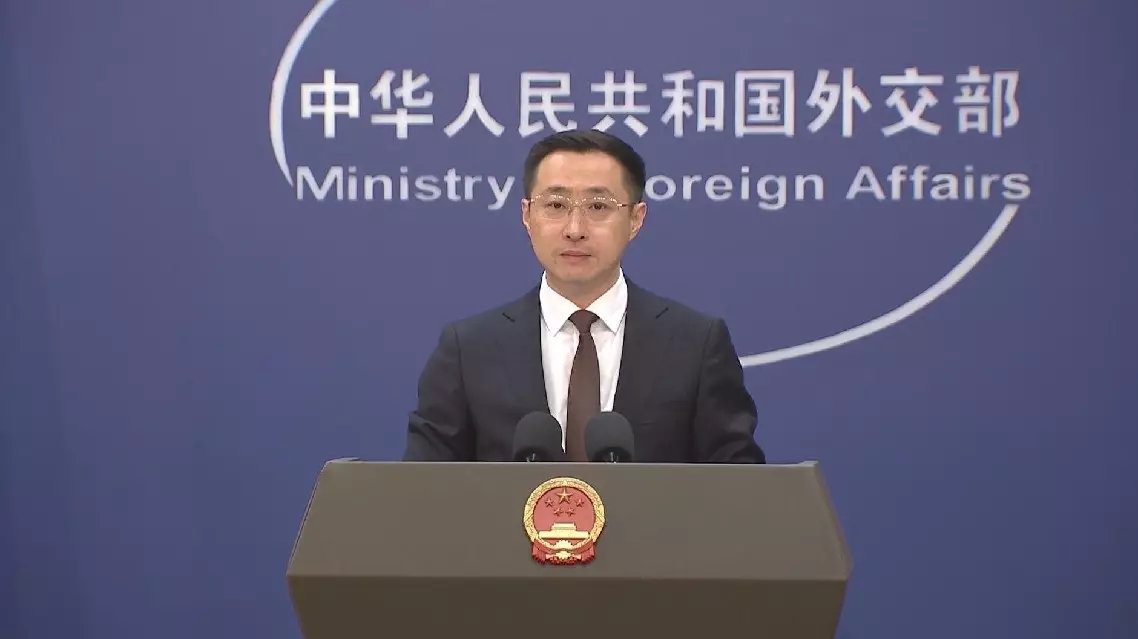
China remains committed to building Asia-Pacific community with shared future: spokesman
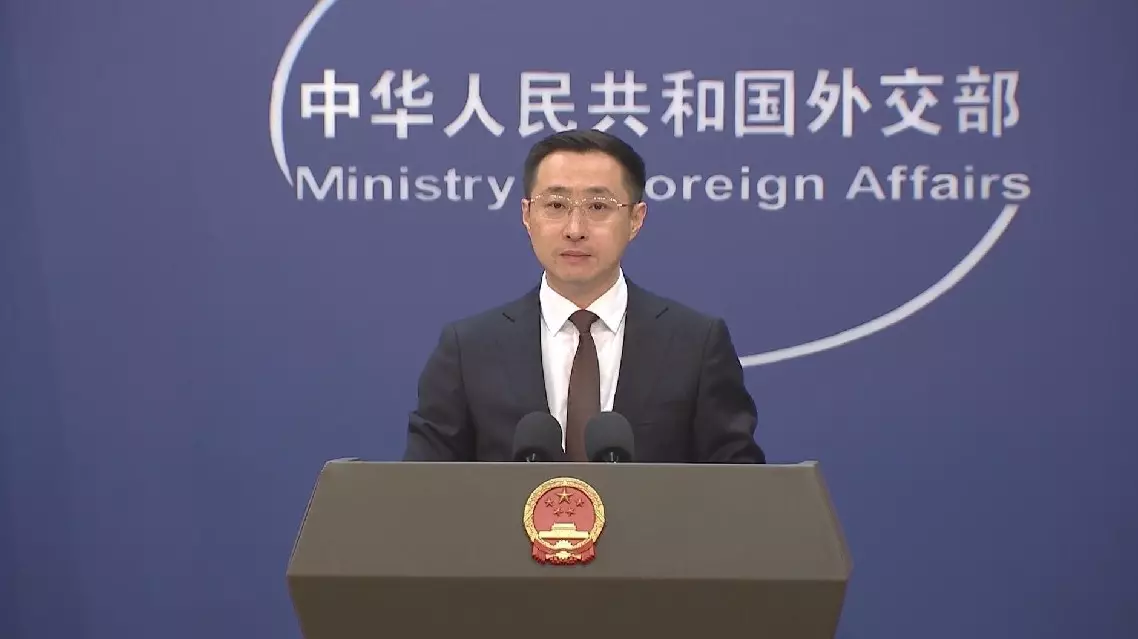
China remains committed to building Asia-Pacific community with shared future: spokesman


